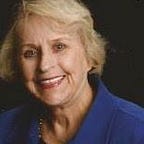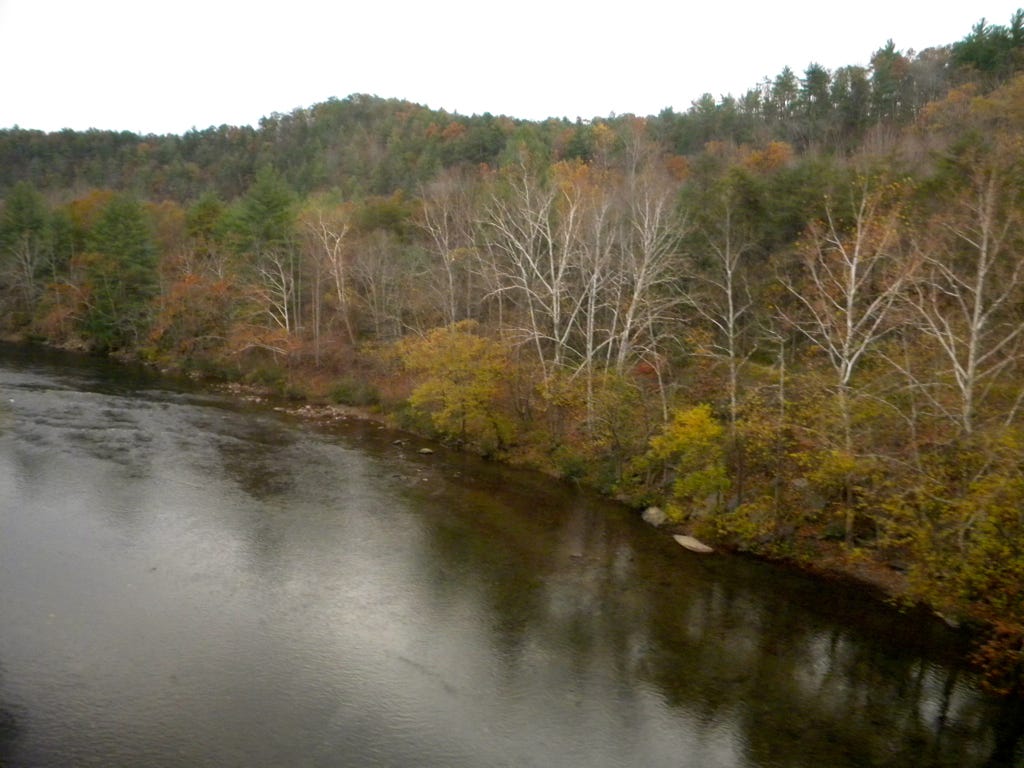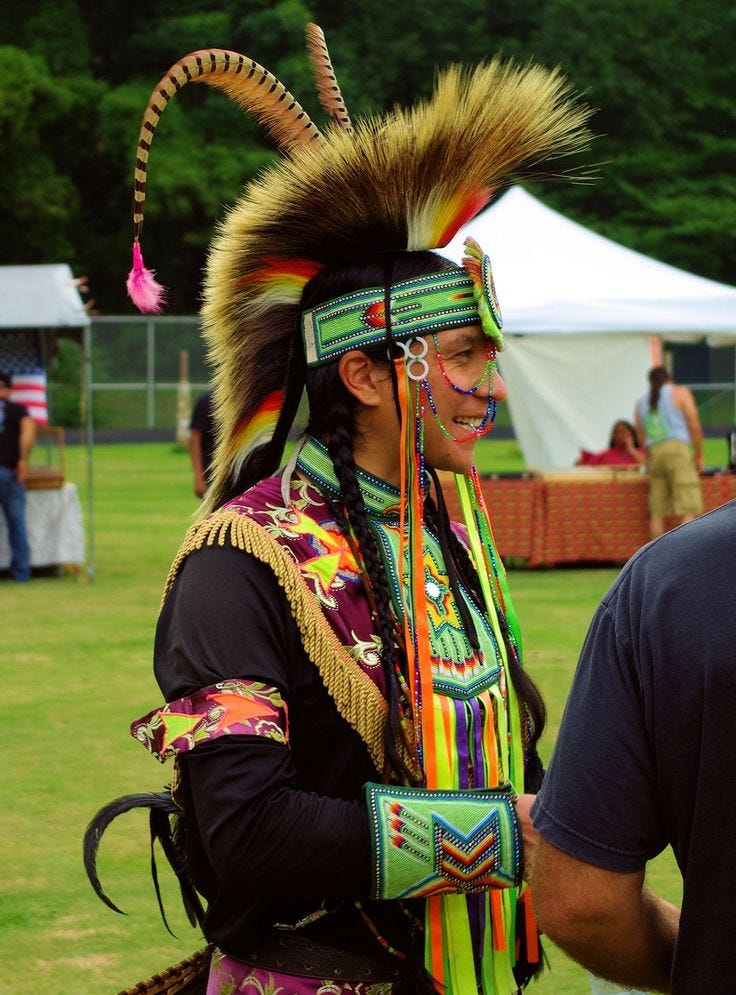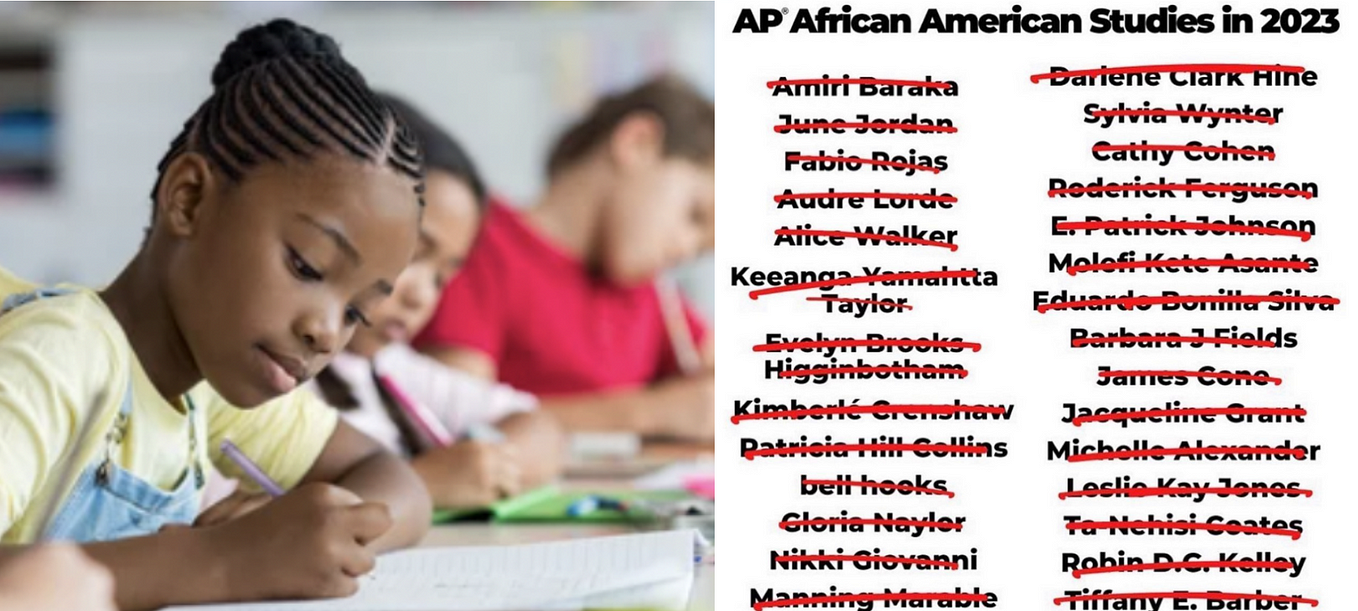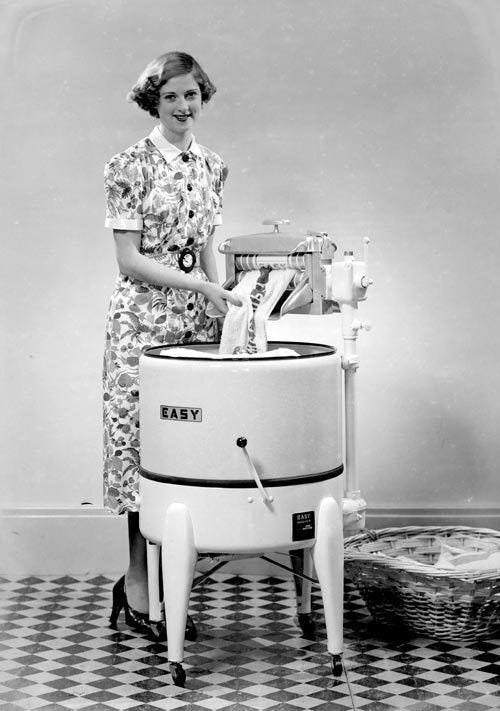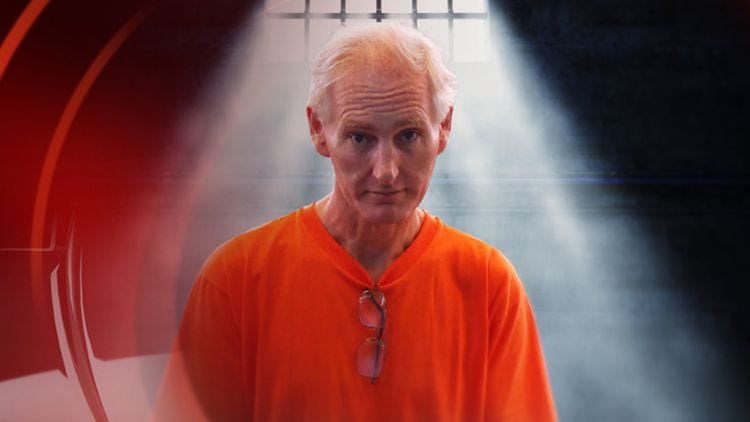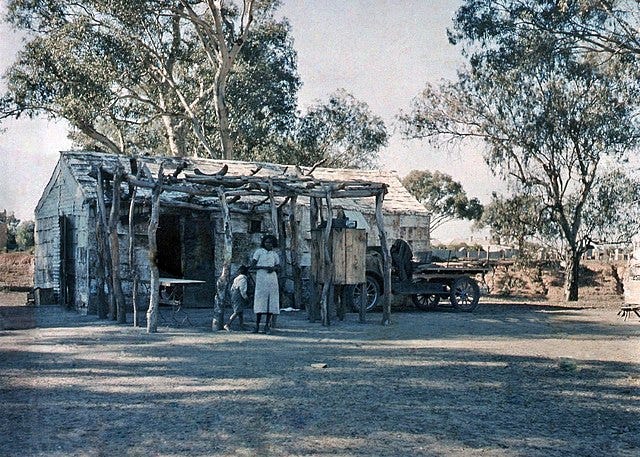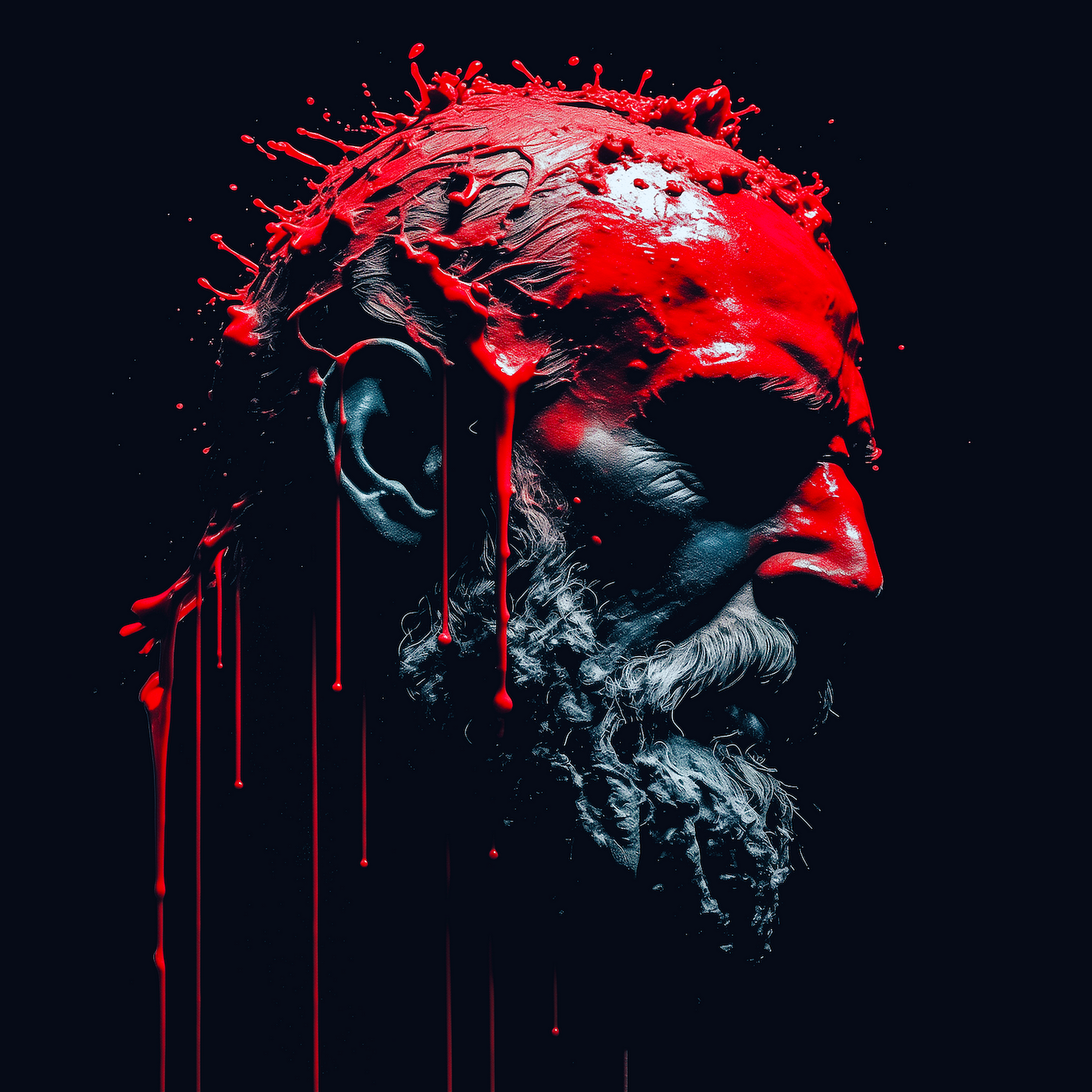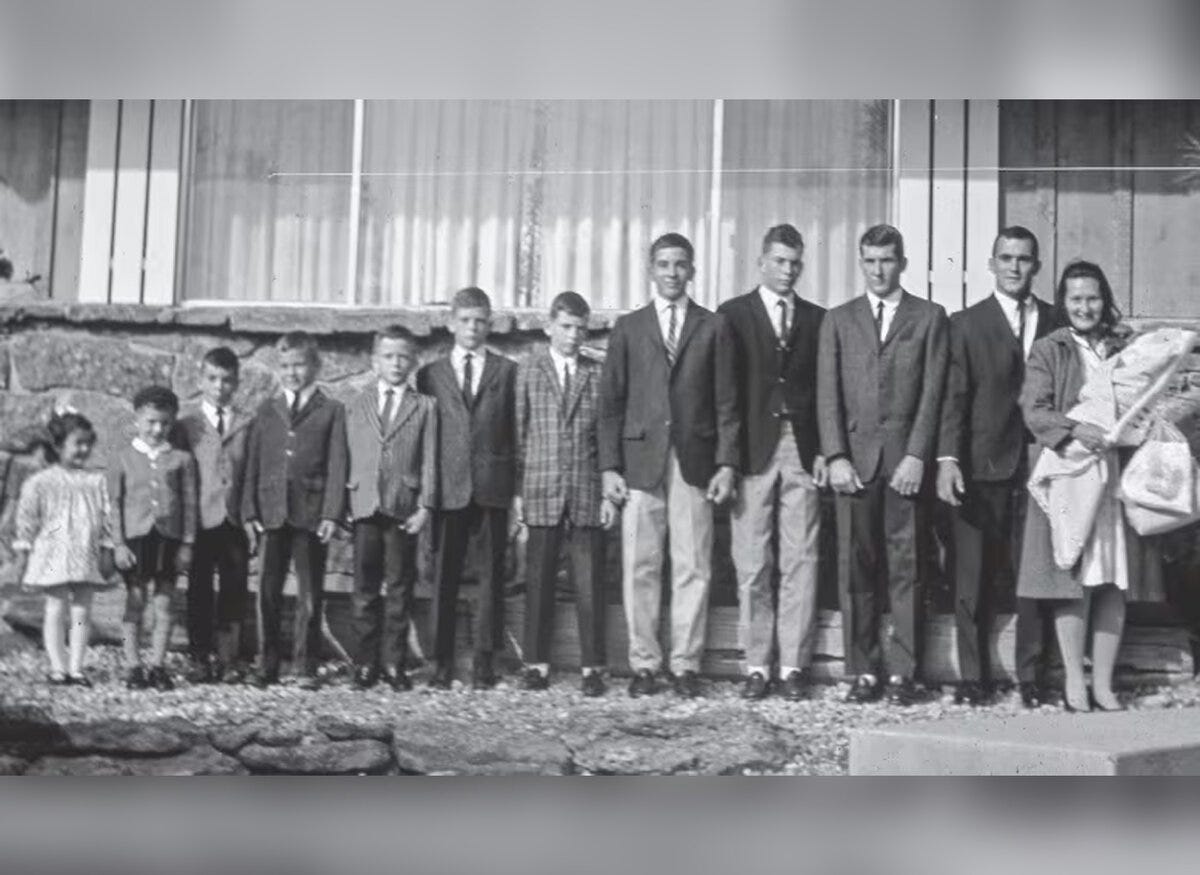The Assassination of “Wild Bill” Hickok and What Happened Afterward
“Wild Bill” Hickok, born May 27, 1837, in Homer, Illinois, is remembered as a folk hero of the Old West. Stories of his capers were being told well into the twentieth century. He lived in the “Wild West” during an era of lawlessness. He left home at eighteen years as a fugitive from justice, working as a stagecoach driver. He was a soldier, scout, lawman, cattle rustler, gunslinger, gambler, showman, and actor. The many outlandish and often fabricated tales he told about himself included shoot-outs and bolstered much of his notoriety. Some contemporary reports of his exploits are known to be fictitious, but they remain the basis of much of his fame and reputation.
The famous “Wild Bill” Hickok’s Indian Shows had a cast of actors dressed as Indians and depicted his shooting skills.
But what happened to this man who embellished upon stories of a countryside of wild Indians?
On August 2, 1876, Wild Bill was sitting in the Lewis & Mann’s saloon, playing a poker game with Captain Massey, a Missouri river pilot, Charley Rich, and Cool Mann, one of the proprietors of the saloon. The match had been in progress for nearly three hours. About 4 o’clock, P. M., a man entered the room and went to the bar. Bill was sitting on a stool with the back of his head towards and about five feet from the bar. Bill had just picked up the cards dealt him and was looking at his “hand,” and therefore took no notice of the newcomer.
The man, who proved to be Jack McCall, alias Bill Sutherland, after approaching the bar, turned and, drawing a large navy revolver, placed the muzzle within two inches of Bill’s head and fired. The bullet entered the base of the brain, tore through the skull, and made its exit at the right cheek, between the upper and lower jaw-bones, breaking off several teeth and carrying away a large piece of the cerebellum through the wound. The bullet also struck Captain Massey, who sat opposite Bill, in the right arm and broke the bone. At the instant the pistol was discharged, the cards fell from Bill’s hands, and he dropped sideways off the stool without uttering a sound. His companions were so horrified that several moments elapsed before it was discovered that Capt. Massey was wounded.
Next, the assassin turned, facing the crowd, and compelled them to flee the saloon before him. After reaching the street, he defied arrest, but at five o’clock, he gave up and asked for an immediate trial.
At that time, Deadwood was so primitive that it had no city officers, and there was no one legally competent to take charge of or try the prisoner. During the same evening, however, a coroner was chosen, who impaneled a jury and returned a verdict to the effect that J. B. Hickok (Wild Bill) came to his death from a wound resulting from a73 shot fired from a pistol by John McCall, alias Bill Sutherland.
The trial was to occur at McDaniel’s theatre at 9 o’clock the following morning.
Three men were sent out in different directions to notify the miners in the neighborhood of the murder and to request their attendance at the trial.
Promptly at the time appointed, the improvised court convened, and Joseph Brown, who had been chosen sheriff, produced the prisoner. F. J. Kuykendall, the pro tempore judge, then addressed the crowd appropriately, reminding those present that the court was purely a self-constituted one but that he would be governed by justice in the discharge of his duty. His remarks were greeted with hand clappings of approval. The prisoner was then led forward and conducted to a seat on the stage to the judge's right.
Never did a more forbidding countenance face a court than that of Jack McCall; his head was covered with a thick crop of chestnut hair, a small, sandy mustache covered his mouth, and a stiff goatee partially hid a double chin.
The nose was commonly called “snub;” he had cross eyes and a florid complexion, which completed a more repulsive picture than Dore could conceive. He was clad in a blue flannel shirt, brown overalls, and heavy shoes, and, as he sat in a stooping position with his arms folded across his breast, he assumed a nonchalance and bravado that were foreign to his feelings and betrayed by the spasmodic heavings of his heart.
The selection of a jury consumed all the forenoon. A hundred names were selected, written upon separate scraps of paper, and placed in a hat. They were then well shaken, and the committee appointed for the purpose drew from the hat one name at a time. The party answering to the name then came forward and was examined by the judge, who questioned his fitness to serve as an impartial juror. Ninety-two names were called from the panel before the jury was made up. Following are those who were selected and served: J. J. Bumfs, L. D. Brokow, J. H. Thompson, C. Whitehead, Geo. S. Hopkins, J. F. Cooper, Alexander Travis, K. F. Towle, John E. Thompson, L. A. Judd, Edward Burke, and John Mann. The jurors were sworn in, they took their seats, and testimony for the prosecution was begun.
The first witness called was Charles Rich, who said that he was in the saloon kept by Lewis & Mann on the afternoon of the 2d and was seated at a table playing a game of poker with Wild Bill and several others when the prisoner, whom he identified, came into the room, walked deliberately up to Wild Bill, placed a pistol to the back of the deceased, and fired, saying: “Take that!” Bill fell from the stool he had been seated without uttering a word.
Samuel Young testified that he was engaged in the saloon, that he had just delivered $15 worth of pocket checks to the deceased, and was returning to his place behind the bar when he heard the report of a pistol shot; turning around, he saw the prisoner at the back of Wild Bill with a pistol in his hand which he had just discharged; heard him say, “Take that!”
Carl Mann was one of the proprietors of the saloon in which Wild Bill was killed; he was in a poker game, noticed a commotion, and saw the prisoner (whom he identified) shoot Wild Bill.
The defense called for the first witness, P. H. Smith, who said he had been in the employ of McCall four months, that he was not a man of quarrelsome disposition, that he had always considered him a man of good character, that he (the witness) had been introduced to Wild Bill in Cheyenne, and drank with him; that the deceased had a bad reputation, and had been the terror of every place in which he had resided.
H. H. Pickens said that he had known the defendant for four years and believed him to be a quiet and peaceable man. Wild Bill’s reputation as a “shootist” was formidable; he was quick in using the pistol, never missed his man, and had killed several persons in different parts of the country.
Ira Ford had known the defendant for about a year; “like many others, he would go upon a spree like the rest of the boys.” Wild Bill had the reputation of being a brave man who could and would shoot quicker than any man in the Western country and who always “got away” with his antagonist.
The prisoner was called upon to make a statement. He came down from the stage into the auditorium of the theatre, and with his right hand in the bosom of his shirt, his head thrown back, in a harsh, loud, and repulsive voice, with a bull-dog sort of bravado, said: “Well, men, I have but a few words to say. Wild Bill threatened to kill me if I crossed his path. I am not sorry for what I have done. I would do the same thing over again.” The prisoner then returned to his place on the stage.
The prosecution then adduced testimony to prove that Wild Bill was a much-abused man, that he never imposed on anyone, and that in every instance where he had slain men, he had done so either in the discharge of his duty as an officer of the law or in self-defense.
The case having been placed in the hands of the jury, the theatre was cleared, with the understanding that the verdict should be made known in the saloon where the murder was committed. The prisoner was remanded to the house where he had been imprisoned during the night. At 9 o’clock, the following verdict was read to the prisoner:
Deadwood City, Aug. 3, 1876. — We, the jurors, find the prisoner, Mr. John McCall, not guilty.
CHARLES WHITEHEAD,
Foreman.
After this trial in the wild, conquered west, the prisoner was quickly liberated, and several of the model jurymen who had played their parts in this burlesque upon justice and who had turned their bloodthirsty tiger loose upon the community indulged in a sickening cheer that grated harshly upon the ears of those who heard it. The first vote taken by the jury resulted in eleven for acquittal and one for conviction, and the man who desired justice was so intimidated by his fellow jurors that he was induced to sanction the iniquitous verdict. One of the jurymen even proposed that the prisoner be fined fifteen or twenty dollars and set free.
After the inquest, the body of the deceased was placed upon a litter made of two poles and some boards; then, a procession was formed, and the remains were carried to Charley Utter’s camp across the creek. Charles Utter, better known as Colorado Charley, had been the intimate friend of the deceased for fifteen years. With that liberality, which is a feature among mountaineers, he had always shared his purse with him. Charley was much affected by the death of his friend and incensed at the villain who had murdered him. A tepee was pitched at the foot of one of the giant trees that rise so majestically above Charley’s camp. Preparations were at once made for the funeral. The following notice was printed and sent out:
“Funeral Notice. — Died in Deadwood, Black Hills, Aug. 2, 1876, from the effects of a pistol shot, J. B. Hickok (Wild Bill,) formerly of Cheyenne, Wyoming. Funeral services will be held at Charley Utter’s camp, on Thursday afternoon, Aug. 3, 1876, at 3 o’clock. All are respectfully invited to attend.”
At the time, several people were appointed to gather at the camp. Charley Utter had gone to a great deal of expense to make the funeral as satisfactory as could be had in that country. Wild Bill lay under the tepee in a handsome coffin covered with black cloth and richly mounted with silver ornaments, a picture of perfect repose. His long chestnut hair evenly parted over his marble brow hung in waving ringlets over the broad shoulders; his face was cleanly shaved except for the drooping mustache, which shaded a mouth that in death almost seemed to smile, but in life was unusually grave, the arms were folded over the stilled breast, which inclosed a heart that had beat with regular pulsation amid the most startling scenes of blood and violence. The corpse was clad in a complete dress suit of black broadcloth, new underclothing, and white linen shirt; beside him in the coffin lay his trusty rifle, which the deceased prized above all other things and which was to be buried with him in compliance with an often expressed desire.
A clergyman read an impressive funeral service that the audience attentively listened to, after which the coffin lid hid the well-known face of Wild Bill from the prying gaze of the world.
A grave had been prepared on the mountainside toward the east, and to that place in the bright sunlight, the air redolent with the perfume of sweet flowers, the birds sweetly singing, and all nature smiling, the solemn procession wended its way and deposited the mortal remains of Wild Bill.
Upon a large stump at the head of the grave, the following inscription was deeply cut:
“A brave man; the victim of an assassin — J. B. Hickok (Wild Bill,) aged 48 years; murdered by Jack McCall, Aug. 2, 1876.”
What Happened Next
After the absurd termination of the trial and the burial of Wild Bill, several friends of the deceased met at Charley Utter’s ranch, determined to avenge the cowardly assassination of their friend. McCall, unfortunately, heard of the meeting and its purposes and wasted no time getting out of the country. He roamed around in the far West and finally settled at Yankton.
The following year, when a United States court was established in the Dakota Territory at Yankton, Jack McCall was again apprehended and imprisoned.
George Shingle, resident of Sturgis City, eighteen miles south of Deadwood, was an eye-witness of the shooting but left Deadwood to escape the excitement on the same evening Bill was killed, and therefore did not appear as a witness at the original trial, but appeared in answer to the summons which called him to Yankton. He told the story of the murder. The result of this trial was McCall's conviction, and in July 1877, he was hanged on the gallows at Yankton.
But the story does not end there.
On the third day of August 1879, just three years after the tragedy, Charley Utter and Lewis Shœnfield, the particular friends of Bill during his life, determined to give the remains a better resting place, where the thorns and briars of the bleak mountains would not hide the spot where so brave a heart lay buried. Accordingly, early in the morning of that day, they proceeded to the grave, and, with heads uncovered, out of respect for their dead friend, they exhumed the body. They took off the coffin lid to take a last look before transferring the remains to Mount Moriah cemetery at Deadwood. It was a sad sight to the eyes of friends. There was scarcely a perceptible change in the body excepting a darker face color. The features were all preserved with remarkable naturalness. There was the shattered wound in the right cheek, made by the cruel bullet that took his life, but the countenance bore a tranquil look, as though the wearer was glad to escape a world in which there was nothing but buffet and anxiety to him. The lips wore a placid appearance — a smile of peace, the graceful contour of content.
The extraordinary weight of the body caused the friends to make a more careful examination when it was found that the remains were in the process of petrifaction. The hair still bore its silken luster, but the flesh was so indurated as to approach the solidity of wood. The body's weight at the interment was one hundred and sixty pounds, but it weighed a fraction less than three hundred pounds at the exhumation.
The carbine that was buried with him was in a perfect state of preservation. After clipping off a lock of hair, which is now in the possession of William Learned, musical director of the Gem theater at Deadwood, the coffin lid was again screwed down, and the remains taken to Moriah cemetery, where82 they now repose in a lot purchased by Charley Utter. An Italian marble tombstone, which he had erected at the head of the grave in the latter part of August, was also purchased by Mr. Utter. The inscription on the stone is as follows:
Wild Bill, (J. B. Hickok)
Killed by the Assassin, Jack McCall, in Deadwood,
August 2, 1876.
Pard, we will meet again in the Happy Hunting Grounds to part
no more.
Source: Life and Marvelous Adventures of Wild Bill, the Scout by James W. Buel
